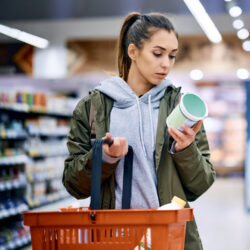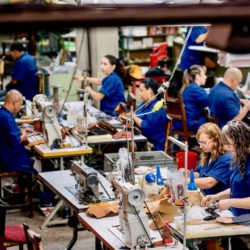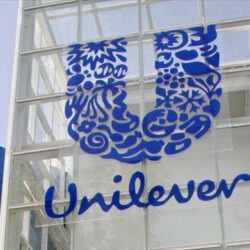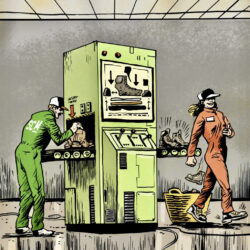Majority of Dutch consumers give preference to sustainable food brands

When buying food, more than half of Dutch consumers (56%) give preference to brands that have a focus on sustainability and climate. Clear communication is also important to many consumers: 74% say they trust a food brand more if it is transparent about the full traceability of the product. These are just some of the findings from a recent survey of 1,500 Dutch consumers, commissioned by the Swedish multinational Tetra Pak, which is the market leader in carton packaging for the food industry.
The Dutch still regard the price of food as very important when shopping for groceries: 47% of consumers are more likely to buy a cheaper, less sustainable product rather than a more expensive yet more sustainable one. Nevertheless, a comfortable majority of consumers say that they have an increased tendency to buy brands that are committed to sustainability and the climate.
For 62% of those surveyed, the type of packaging is also important when buying food or drinks, while over one in five consumers consider the sustainability and environmental impact of the packaging. Furthermore, close to 60% read the label before purchasing a product – not only to see the ingredients, as the top priority, but also to assess the recyclability of the packaging.
Reliable information
“Dutch consumers are making more conscious sustainability-related choices when buying food products. As a result, the demand for reliable information about ingredients, nutritional values and product origins is also increasing,” states Roderick Friend, Business Development Director of Tetra Pak France & Benelux and Country Manager of Tetra Pak Netherlands. “At the same time, consumers are also paying more attention to the environmental impact of product packaging. The type of packaging plays a crucial role, not only in reducing carbon emissions but also in guaranteeing food safety,” he continues.
Close link between packaging and contents
Clear information about the ingredients and nutritional values gives Dutch consumers the most confidence when it comes to a product’s health impact. The study shows that food packaging has a strong influence over how people perceive the contents. For example, 78% of the Dutch include glass in the top three packaging materials they associate with healthy food, compared with 47% for cardboard. “In the world of food, there is an ever-closer link between packaging and its contents. Consumers like to see a logical match between the two,” adds Friend.
Reducing food waste
Interestingly, a large majority of Dutch consumers are also very open to helping to reduce food waste by purchasing left-over food products according to Foodello, an online supermarket that sells such products. Foodello is part of Fiksu Ruoka, a Finnish company whose mission it is to tackle food waste.
Foodello claims that producers work with a very wide margin of safety when determining the ‘best before’ date for their products. Therefore, according to the online supermarket, products that are nearing or have even just passed their ‘best before’ date can usually still be consumed without quality issues or health risks.
Foodello is cheaper too
Research shows that over 60% of Dutch consumers are willing to buy a food product that has passed its ‘best before’ date, according to Foodello, and 57% are willing to buy such products online in order to reduce food waste. Moreover, because Foodello sells its food products at discounts of up to 60%, it is a lot cheaper than bricks-and-mortar supermarkets. It seems that a large majority of consumers are willing to buy ambient food products (i.e. not chilled) that have already passed their ‘best before’ date, especially now that the cost of groceries has risen sharply due to the high rate of inflation.










